Indigenous voice to parliament resentment echoes across Labor heartland
Anthony Albanese’s fruitless pitch to progressives in this working-class Labor heartland has created an opening for the Coalition. Will it seize on it?
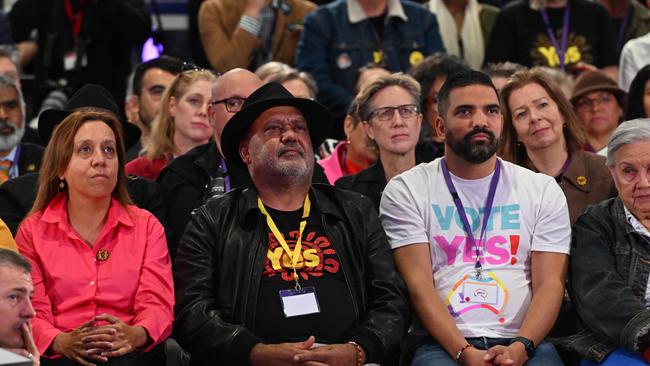
Of the three-quarters of Labor-held federal seats that voted against the voice to parliament, none did so more emphatically than the Adelaide northern suburbs seat of Spence.
The spiritual home of Holden and Cold Chisel might be the working-class heartland of the ALP, but it helped to sound the death knell of the voice, returning a 72 per cent No vote. The devastating result was one percentage point ahead of the highest no-voting seats beyond SA, tellingly in the historic coalmining Labor strongholds of Hunter and Paterson in the NSW Hunter Valley, which voted 71 per cent no.
The referendum’s most brutal rejection occurred in the exact place Prime Minister Anthony Albanese and voice co-architect Noel Pearson launched the official Yes campaign in the northern suburb of Elizabeth, framed around a fruitless pitch to SA’s progressive traditions as the first state to embrace female suffrage, decriminalise homosexuality and enact land rights legislation.
That was back in August, in happier times for voice advocates when they still thought they were a chance. It’s a chance that in hindsight seems fanciful, with battling Elizabeth residents groaning under the weight of $2.20-a-litre petrol, $200-a-month power bills and 13 rates hikes in a row.
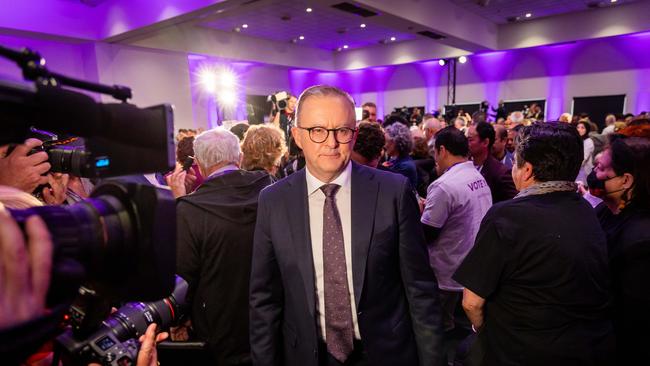
If you want a sense of why this matters so much in Spence, the 2019 Roy Morgan research report tracking the net worth of Australians by federal electorate tells the story. Of the 151 federal seats, Wentworth in Sydney’s eastern suburbs has the highest average net capital household wealth at $1.06m, and Spence ranks bottom of the 151 seats with an average net wealth of $187,000 – a paltry 17 per cent of the Wentworth figure.
One person decidedly sheepish about discussing the implications from the voice result in Spence is the member for Spence himself, recently elected Labor backbencher Matt Burnell. The first-term MP and former Transport Workers Union organiser has ducked verbal and written requests from The Weekend Australian for an interview about how cost-of-living pressures fed into the collapse of the yes vote in Adelaide’s north.
“While Matt wholeheartedly respects the decision of Australians to vote no, he also respects that this time is a difficult one for local Indigenous families within Spence,” his office said in declining requests for an interview.
While the result was apparently too harrowing to bear discussion, others are happy to put views forward about what went wrong. Their answers suggest that, with the voice now put to one side, a battle over living costs is emerging in working-class suburbs that will challenge traditional party loyalties.
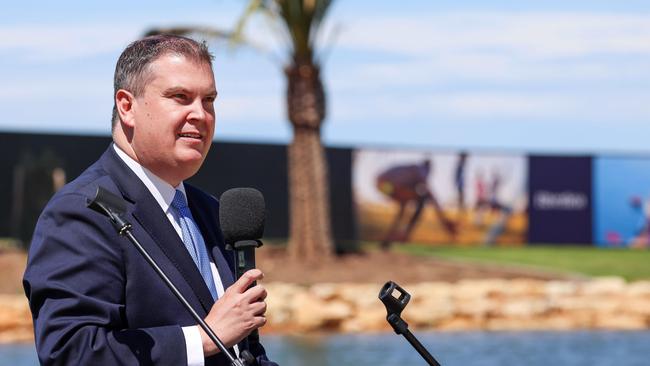
One person who sees the result as a plebiscite on cost-of-living issues is the long-serving Mayor of Playford Council, lifelong Elizabeth resident Glenn Docherty, who is a member of the Liberal Party but runs a steadfastly apolitical council.
One of the drivers of the No vote in SA – at 61 per cent statewide, second only to Queensland – was the decision of Mitcham Council to commit $30,000 to campaign for a Yes vote with no consultation with ratepayers and having just jacked up council rates. The plan was dropped amid public outcry, not just over its political impertinence but the unauthorised use of public money at a time ratepayers were ordered to cough up more due to inflation.
Docherty stresses that he is not speaking to The Weekend Australian on behalf of Playford Council but as a longstanding northern suburbs resident who has spent more than a decade in leadership in local government.
“I will tell you what the No vote here wasn’t about, and that’s racism,” Docherty said.
“We are one of those councils that focuses on roads, rates and rubbish, and in the current climate people really want politicians to stick to nuts-and-bolts issues.
“This is a great part of the world and I wouldn’t want to live anywhere else. But there are pinch points in the community right now. One indicator locally is parents pulling their kids out of competitive sport because they are trying to service the mortgage or keep up with their rent.
“The concerns run across the board. People want the federal government to do more about electricity prices … to look at petrol excise. It’s a huge issue for people in the outer suburbs who have to travel further for work.
“In my personal view I don’t believe there was any racism component to the No vote. People did not want to see division, they were unsure of how the proposed changes would impact the Constitution and function of government. But Australians simply want their government to be more focused at this point in time on things like tackling inflation, cost of living and housing.”
One of the most iconic businesses in Adelaide’s north is PALS Liquor and its neighbouring Roulettes Tavern near the Parafield Airport. PALS is rightly regarded as one of the best and most interesting bottleshops in SA, for two reasons.
It has always stocked hard-to-find continental spirits and wines beloved by the Greek, Slavic, Italian and Eastern Europeans who emigrated to SA and worked at the Holden factory. And as an independent retailer just down the road from the Barossa and Clare, it has a diverse range of wines not seen in the supermarket-owned bottle shops.
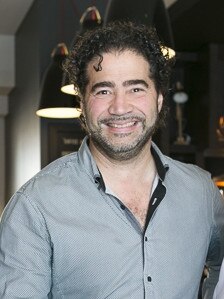
Owner Sam Cufone’s father started the business 36 years ago. Cufone told The Weekend Australian the business was shielded from the direct impact of the cost-of-living squeeze by two things – the resilience of alcohol sales during downtimes and the fact his business had advertised and created an online presence beyond the less-affluent north.
“Socially we see things that are signs of what people are going through,” Cufone said.
“We are seeing more crime. We are seeing an increase in shoplifting. In the bottleshop, people are going back to more trusted and cheaper brands like West End Draught or Coopers Pale Ale rather than trying the latest craft beer.”
Cufone said he was young enough to remember his father battling through the interest rates of the 1989 recession and the impact of former treasurer Paul Keating’s introduction of the fringe benefits tax.
“We have seen tough times before, but the difference now is that while rates might be lower than they were then, servicing a mortgage as a percentage of income is harder due to property values. Back then a house in Salisbury might have been worth $50,000, now it’s $400,000, and for people living on the margins any increase can feel huge.”
Could seats such as Spence – 12.9 per cent Labor – present an unheralded path to government for the Coalition? The margins are so vast it might sound fanciful. But with almost three-quarters of the electorate feeling both irritated and ignored as the voice debate rolled on, perhaps there’s an enduring sense of abandonment for the Liberals to think about and for Labor to worry about.


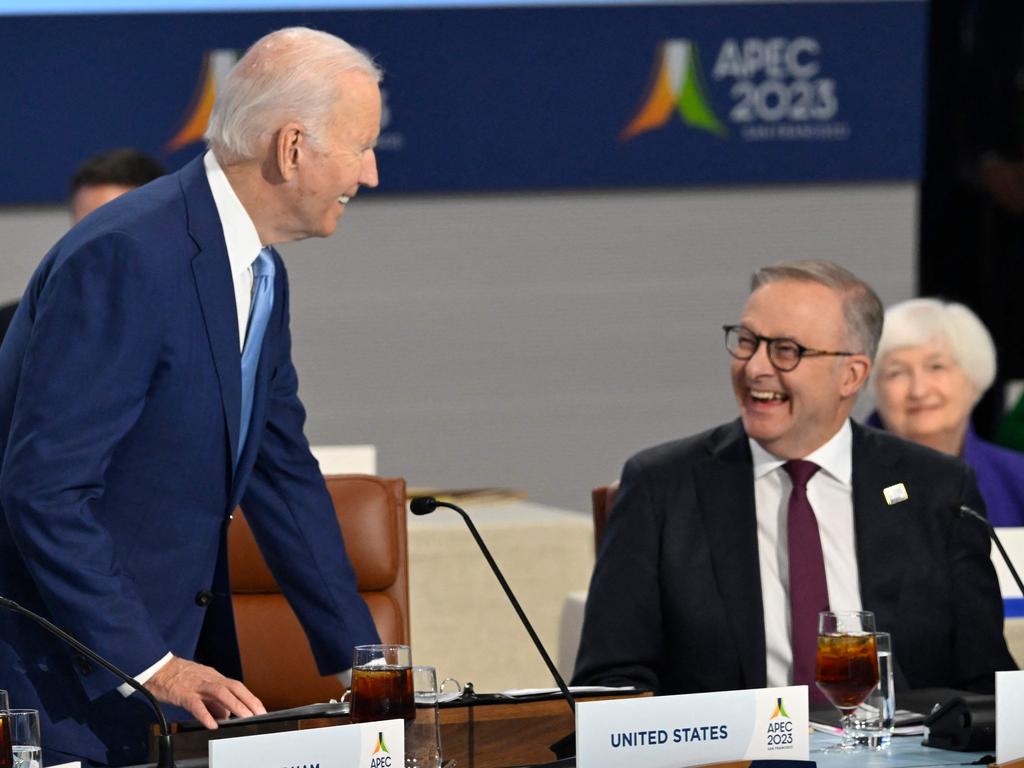




To join the conversation, please log in. Don't have an account? Register
Join the conversation, you are commenting as Logout